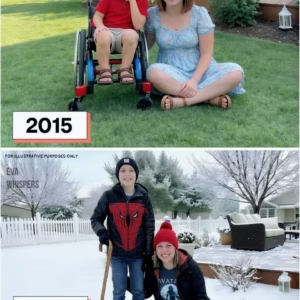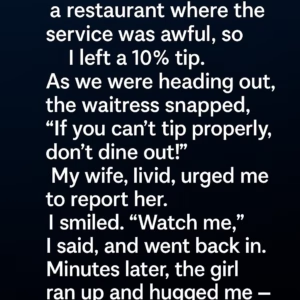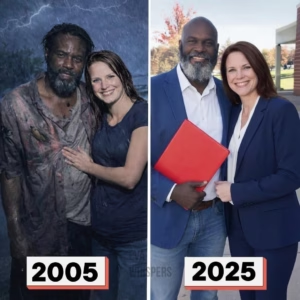Week Three of Sean “Diddy” Combs Trial Unveils a Culture of Power and Reckoning
Week three of the high-profile trial of music mogul Sean “Diddy” Combs has delivered a mix of shocking revelations, emotional testimonies, and renewed public scrutiny. What began as a single lawsuit has evolved into a defining moment for the entertainment industry — a rare instance where wealth, influence, and silence are being publicly interrogated.
The case first erupted when singer Cassie Ventura — a former artist and longtime associate of Combs — filed allegations of manipulation and abuse. Once brushed aside as tabloid gossip, her testimony now anchors a broader reckoning that reaches deep into the culture of celebrity power.
As the trial unfolds, prosecutors have called witnesses from within Combs’s close circle — ex-employees, industry insiders, and former security staff — each adding new layers to a portrait of an empire built on control. Their testimonies have been emotionally charged, describing years of coercion, secrecy, and fear.
Inside the courtroom, tension has been constant. Supporters of both sides fill the gallery, while the world watches through headlines and livestreams. What was once entertainment news has become something far more consequential — a cultural mirror reflecting how fame and power can distort boundaries.
Combs’s defense team continues to push back forcefully, calling the claims opportunistic and unverified. They argue that the allegations are rooted in exaggeration and that Combs is confident he will be vindicated.
Yet beyond the legal strategies, something deeper has taken shape. The trial has turned into a referendum on accountability — on whether influence can still shield wrongdoing in an era that demands transparency.
Legal experts suggest the verdict could redefine how misconduct cases involving powerful figures are approached, especially in industries where loyalty and fear often silence truth.
And as week three draws to a close, one thing has become unmistakable: whatever the outcome, this trial has already shifted the cultural conversation. It is no longer just about one man’s guilt or innocence — but about how an entire system responds when its own myths are finally placed on the stand.





